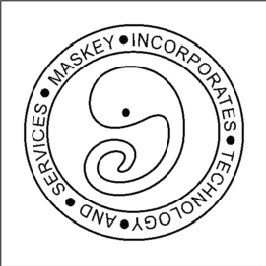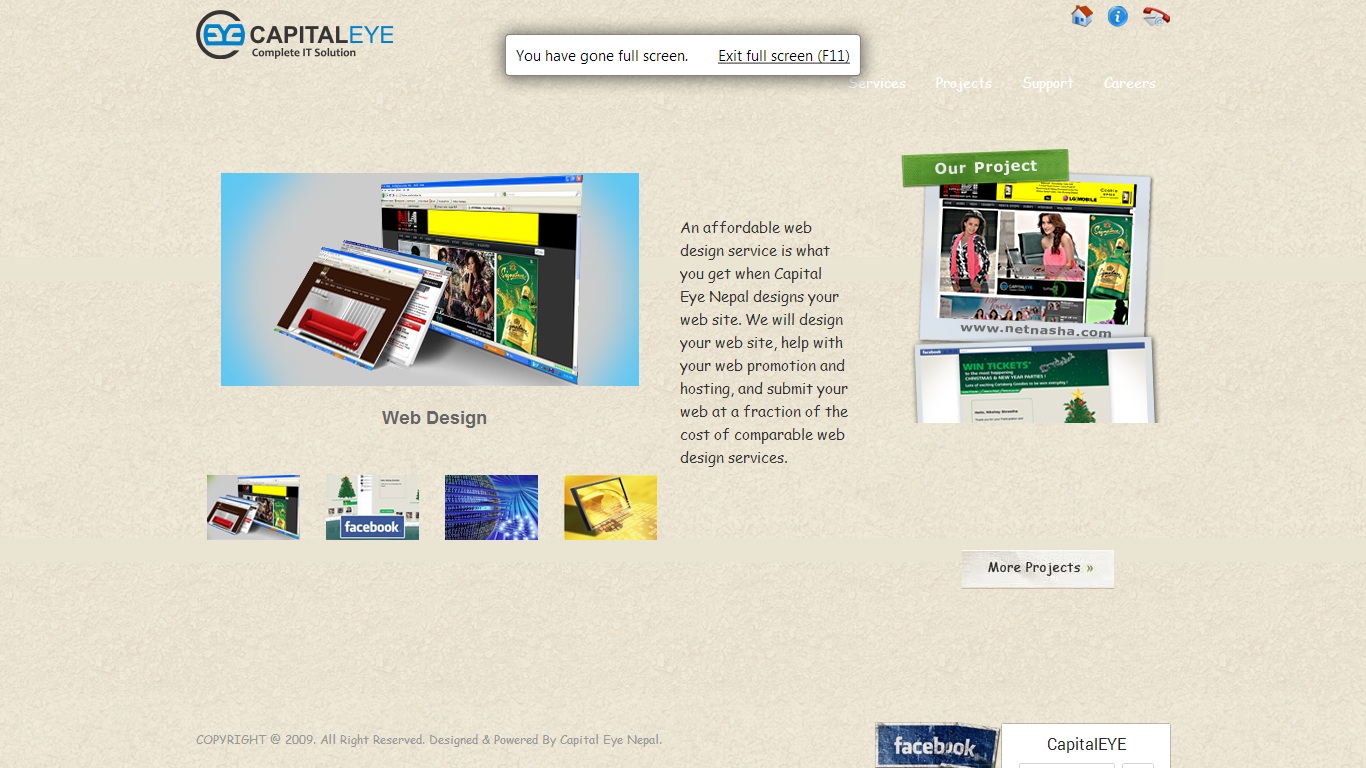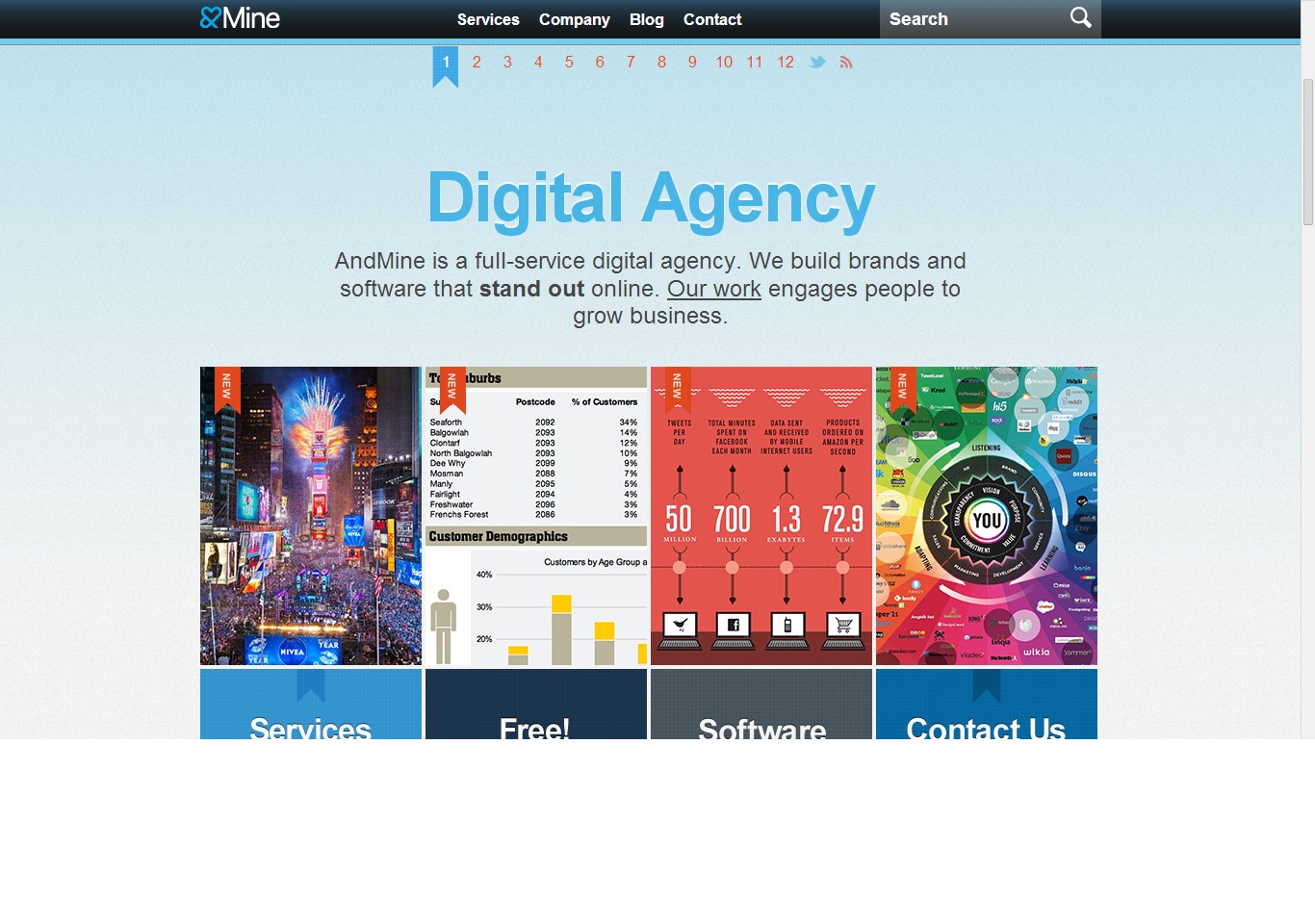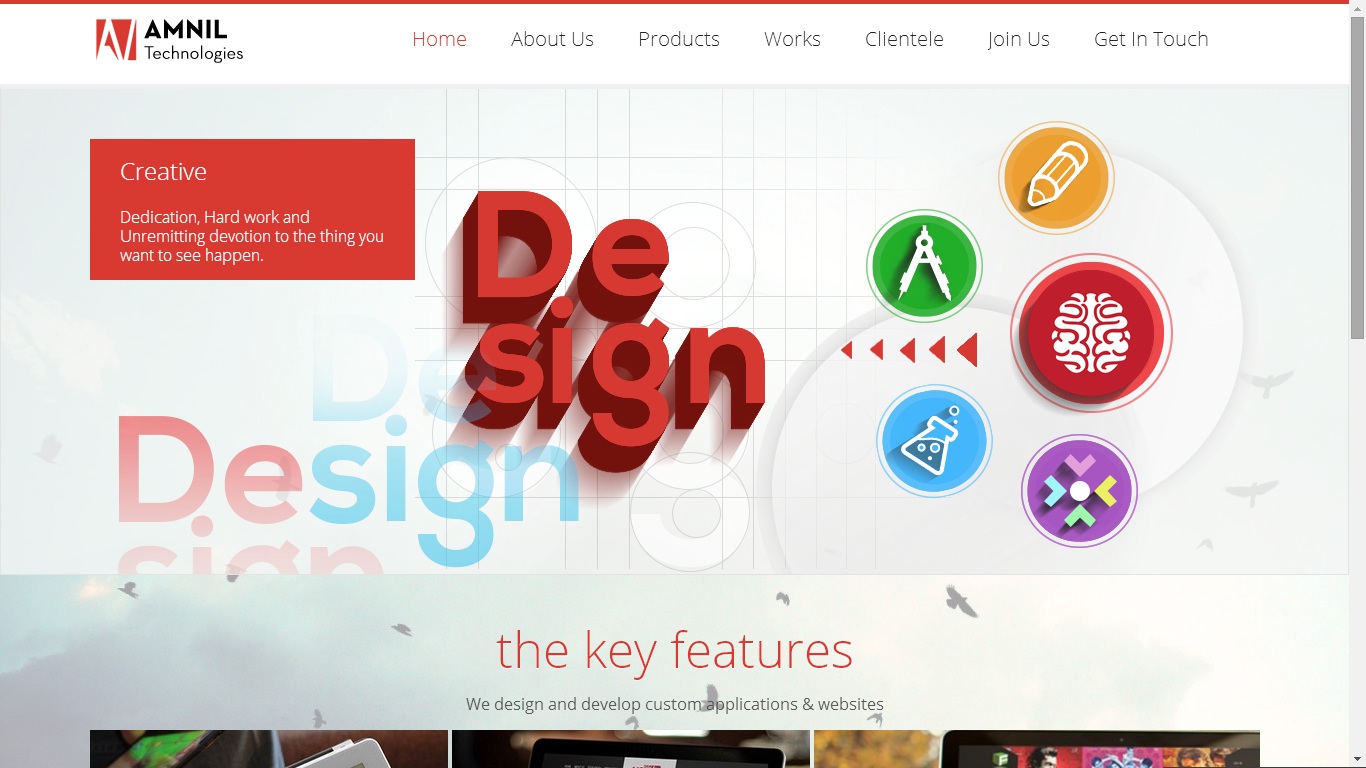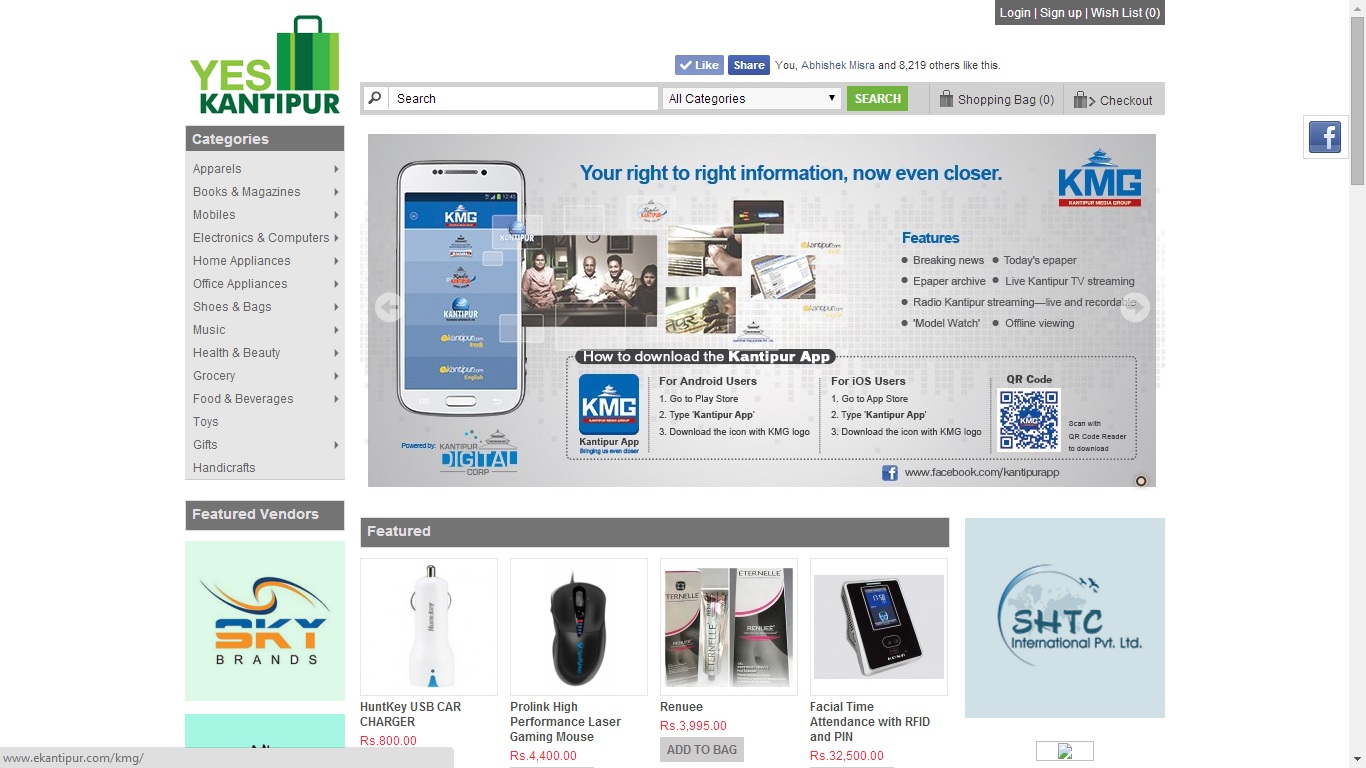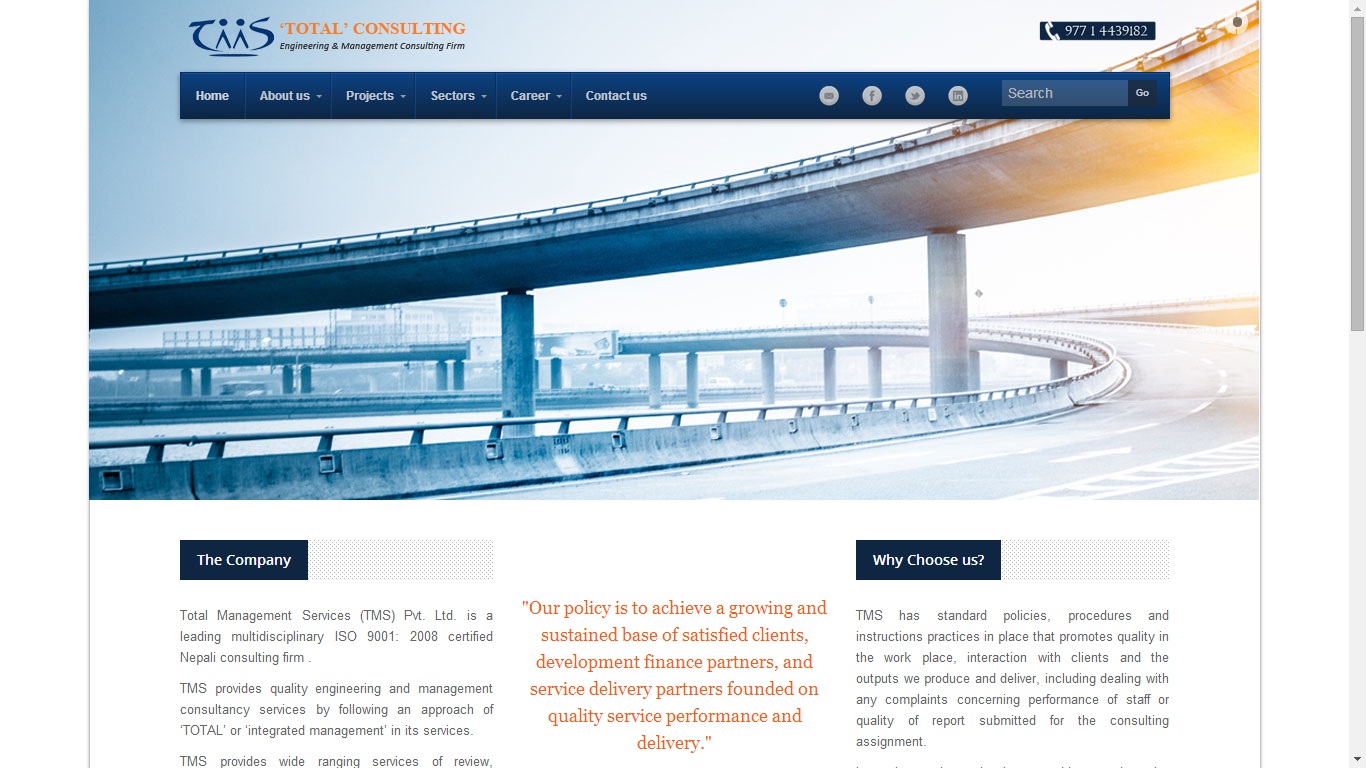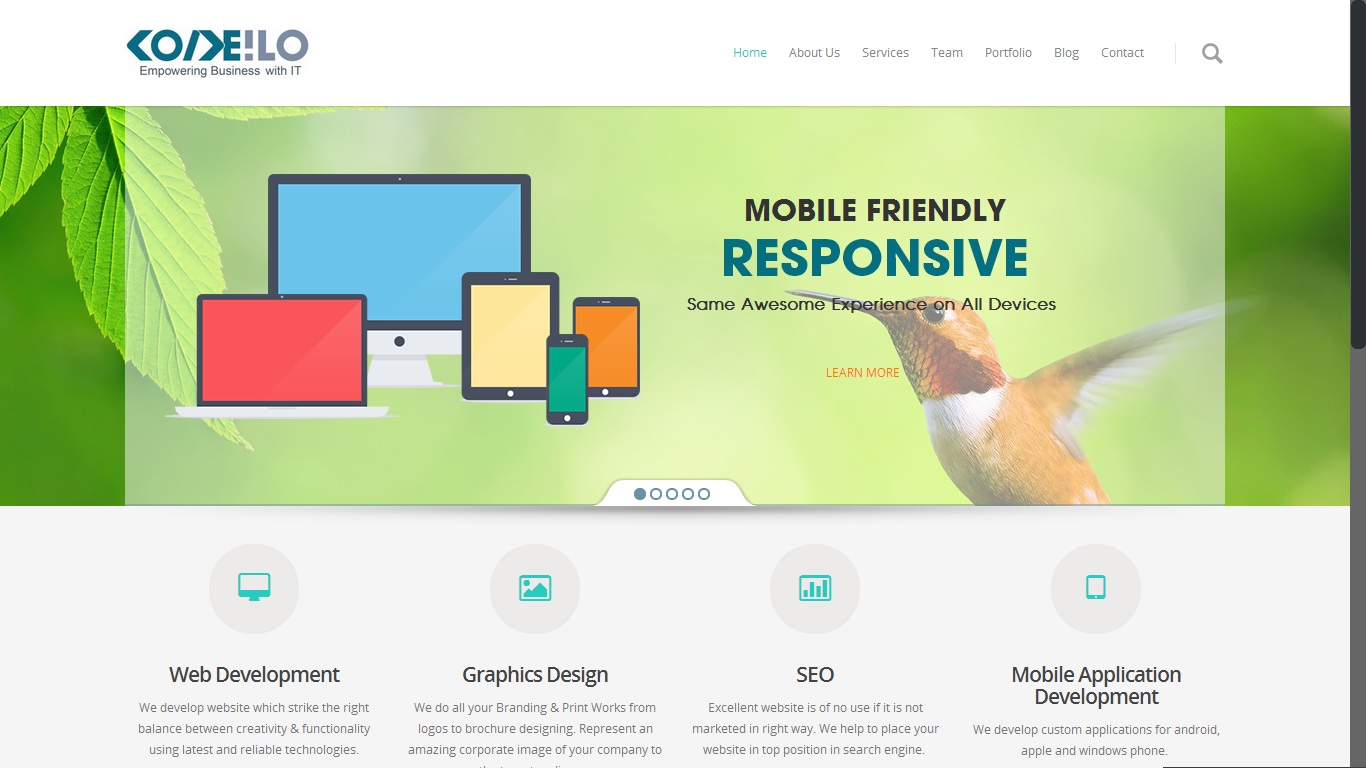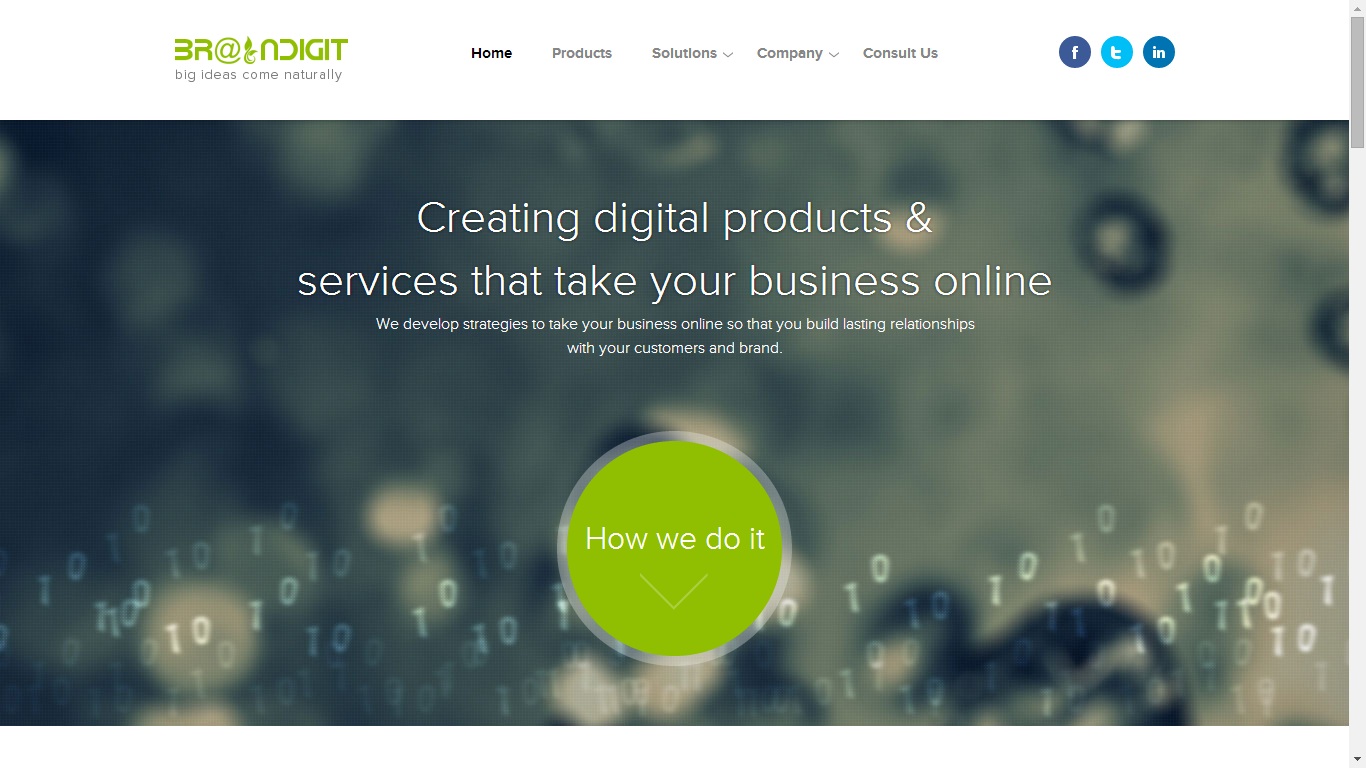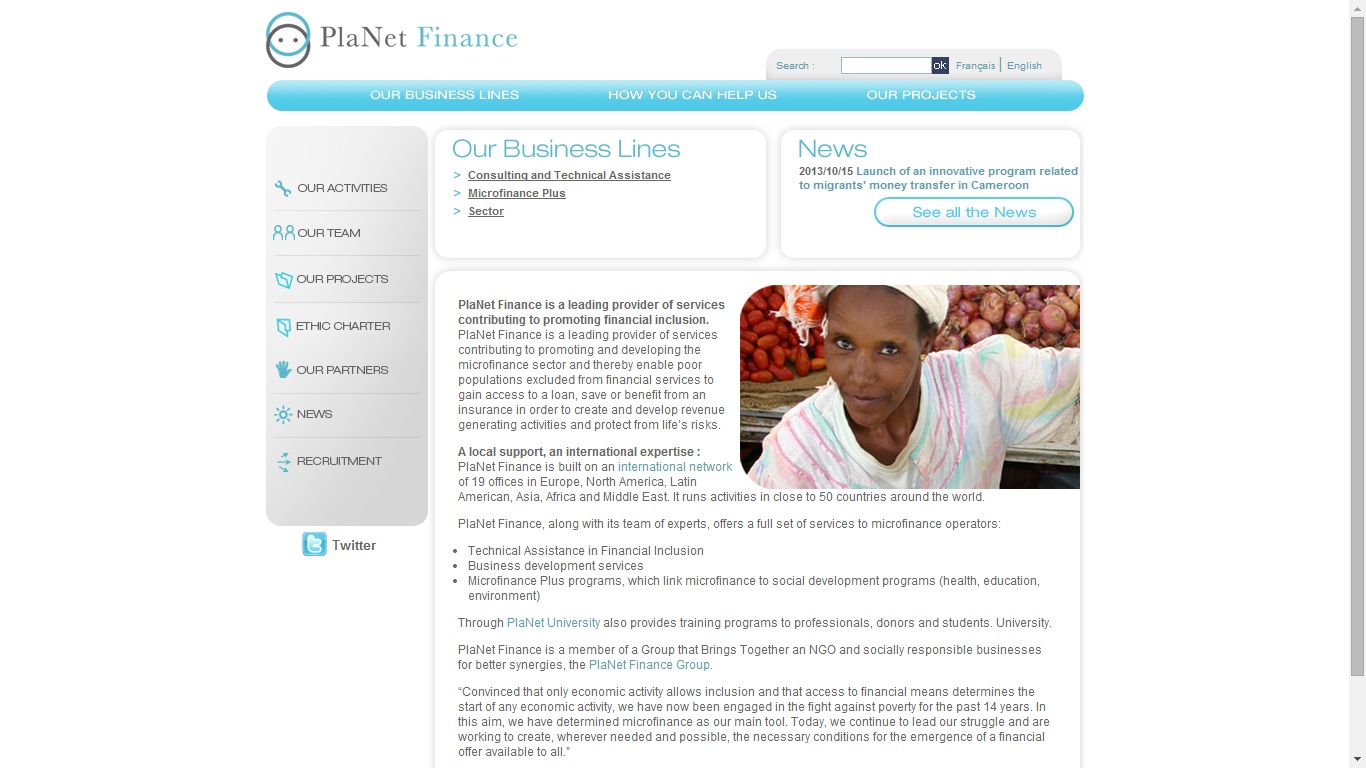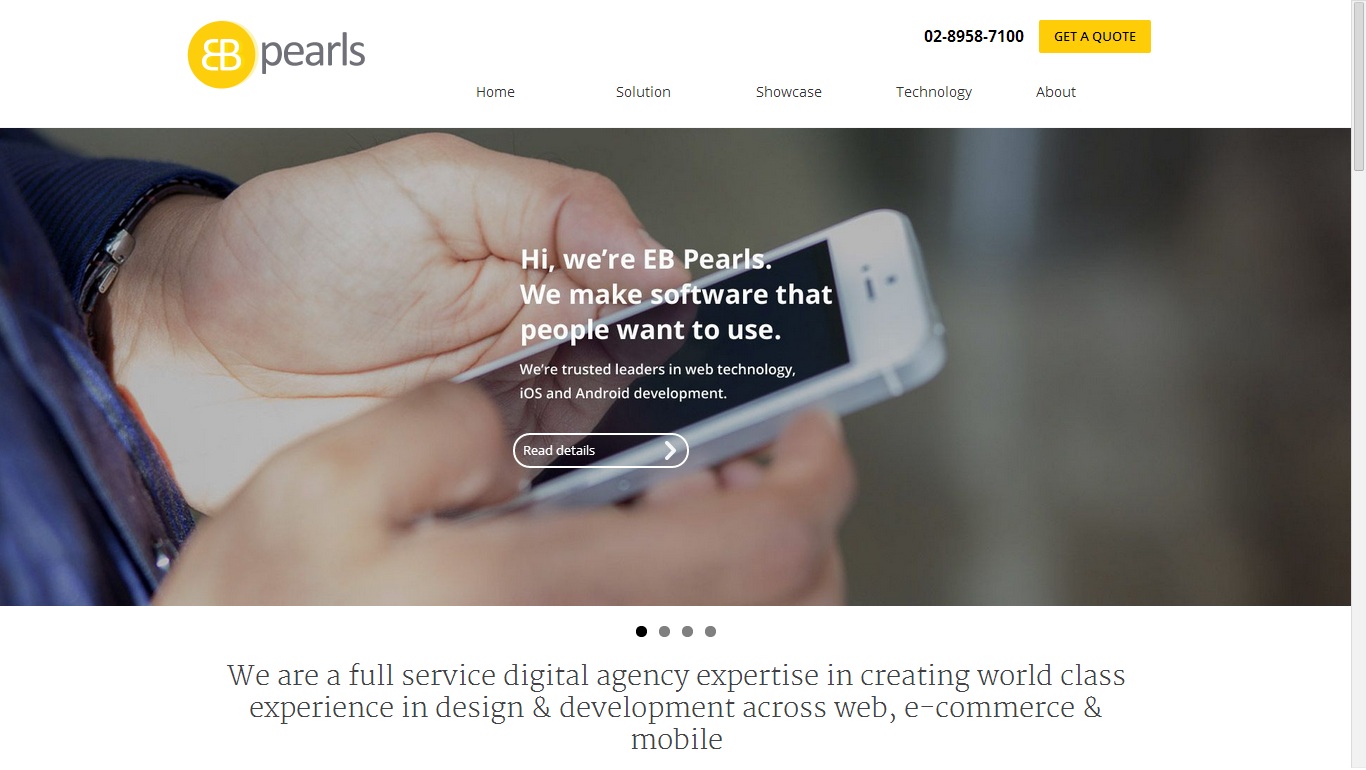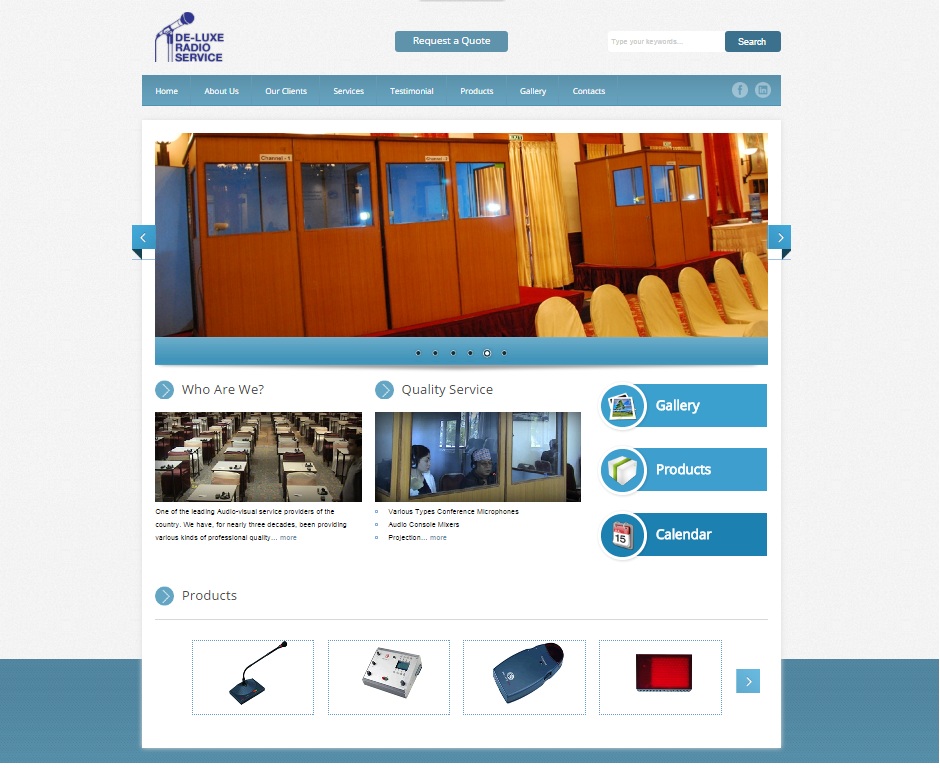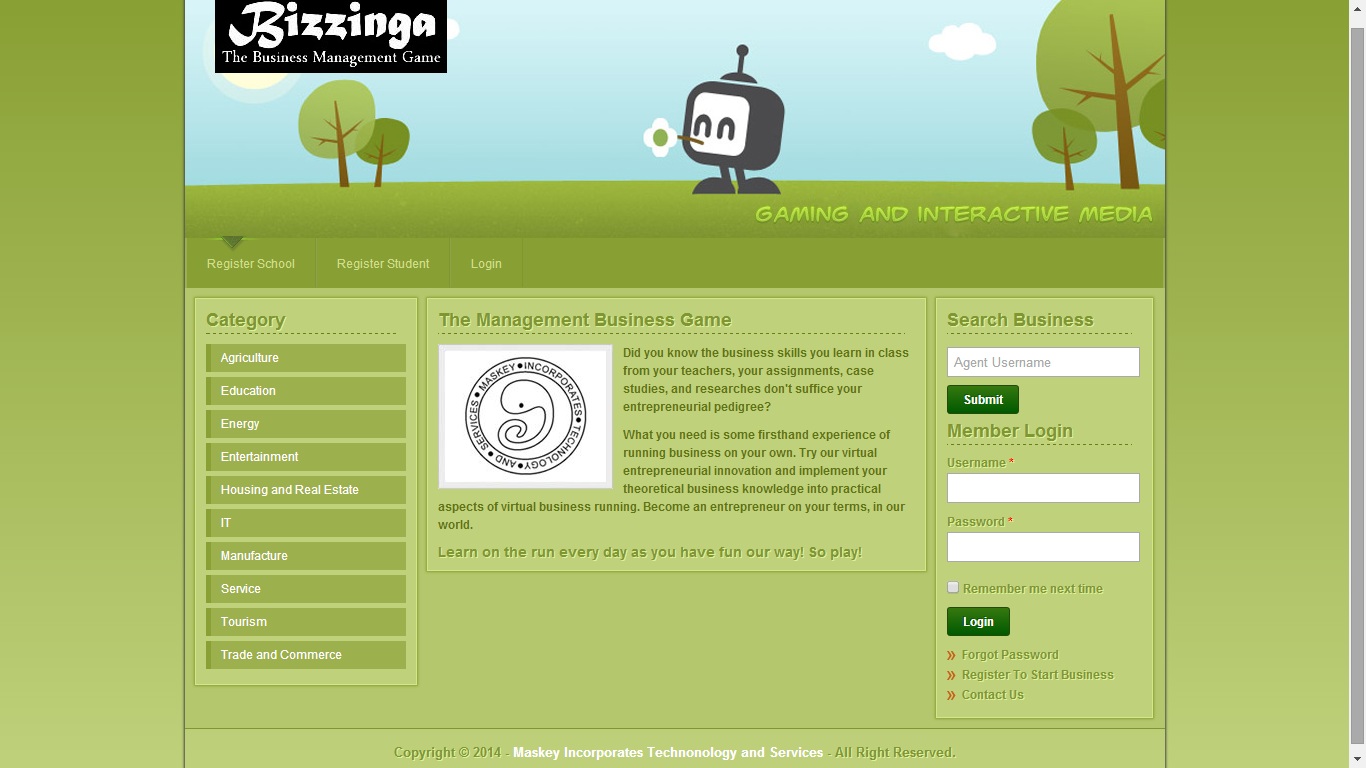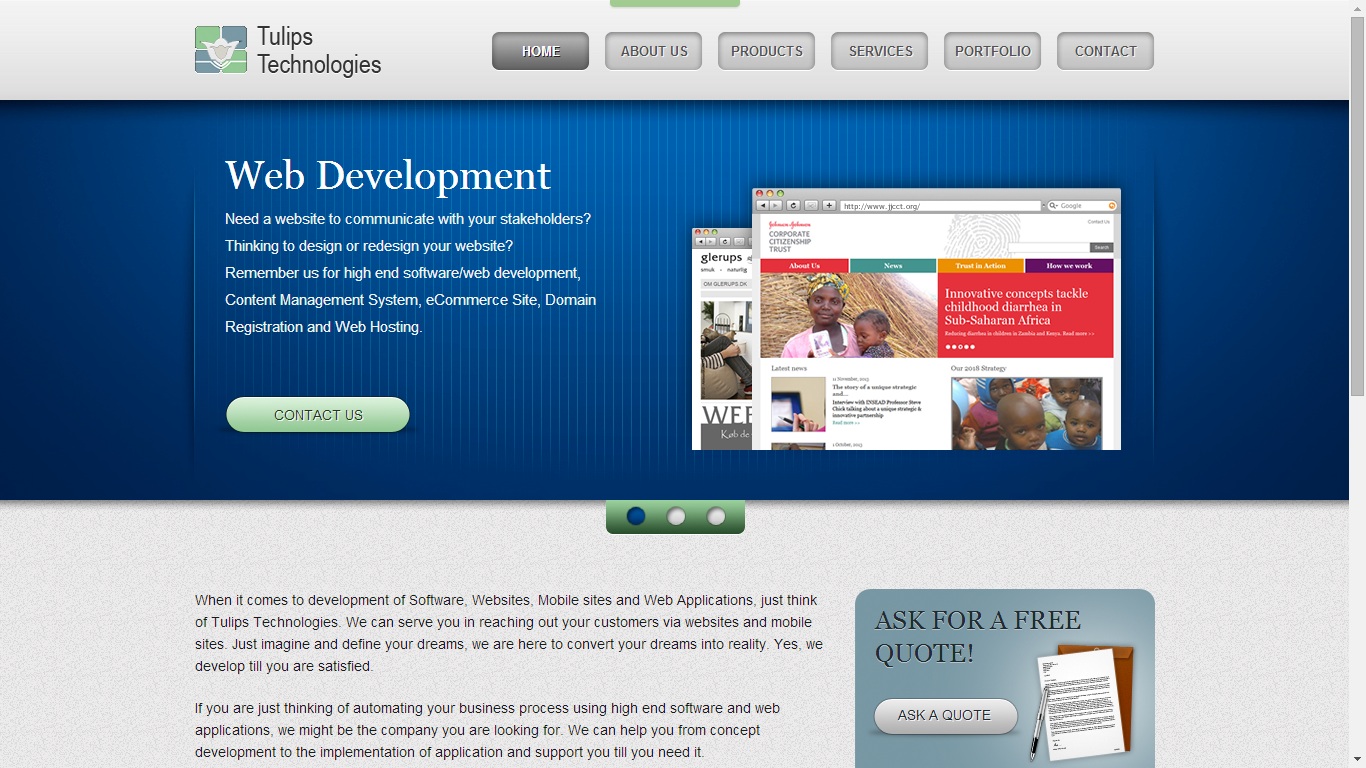-
Vacancy Announcement from Sunrise Bank Limited
Sunrise Bank Limited is a fast growing “A” Class Commercial Bank with diversification to various areas of functions and with rapid branch expansion target across the nation aims to increase the pace of quality growth. In this process t ...
Read More -
Vacancy notice from CDS and Clearing Limited, a wholly owned subsidiary company of Nepal Stock Exchange
CDS and Clearing Limited, a company established under the company act is a company promoted by Nepal Stock Exchange Limited (NEPSE) in 2010 to provide centralized depository, clearing and settlement services in Nepal. The main objective of the com ...
Read More -
Vacancy announcement from Civil Capital Market
Vacancy Announcement
Read More
Chief Executive Officer (CEO)
Civil Capital Market Limited (CCML), Head Office, Civil Trade Center Sundhara, Kathmandu, requests for expression (EOI) for the position of Chief Executive Officer (CEO)
CCML, ... -
Vacancy Announcement from Global IME Bank
Bank Overview
Read More
Global IME Bank Ltd. (GIBL) emerged after successful merger of Global Bank Ltd (an “A” class commercial bank), IME Financial Institution (a “C” class finance company) and Lord Buddha Finance Ltd. (a &ldqu ... -
Vacancy notice from Lumbini Bikas Bank Limited
Vacancy Announcement
Read More
Lumbini Bikas Bank Limited, a leading national level development bank invites application from highly motivated, dynamic and result oriented Nepalese Citizen for the follow ...
- ... Read More
-
I’ve spent almost 10 years interviewing thousands of candidates and developed a blue print for NAILING your next interview, follow these steps and you will dramatically increase your chances.
1. Know the position you are applying for ...
Read More -
Use these tips to write an effective resume that meets the employer's needs and gets you an interview.
Heading
- Type your name at the top in caps with large, bold type. Include your address, phone ...
-
Ever wondered why a Brit applies with a CV and an American with a resume? And why does an Aussie apply with both? There are a few differences between the two types of application documents and this article will straighten out your queries as well ...
Read More -
Wouldn’t it be great to know what answers the hiring manager is looking for? We asked, and they delivered.
By- Isabel Thottam
Being a mind reader would come in handy during the interview and make the whole getting-a-job thing ...
Read More

At the beginning of your job search, you need to get into a positive frame of mind. With determination and a good understanding of how to manage a professional job search, you will succeed.
But sometimes it is difficult to know how your job search should be conducted. Here are some key steps to help you on your way:
- Consider setting up a dedicated email address for your job search. This way you know that every email coming into that address is related to your job search and there will be no chance of mixing up personal and business emails. You could even get a cheap mobile dedicated to your search. Recruiters often call for impromptu telephone interviews and this way, when you answer, you will know you need to be professional.
- Tailor your CV. Don’t send off the same old CV for every job. Take the time to customize your CV; read the job advertisement or specification carefully, pick out the essential skills and experience required, and make sure your CV demonstrates you really do have the required experience. Do that for every job application and you will see a dramatic improvement in the number of times you get shortlisted for interview.
- Proof read. Check your CV and application letter for typos or grammatical errors. With so many CVs to review, many recruiters say that application with mistakes just go straight in the bin. Use your spell checker and get a friend or family member to take a look at it for you. Most recruiters and employers will assume that if your CV is written carelessly then that attitude will carry over into your work.
- Provide recent example of your achievements. Ensure these closely match the requirements of the job. A lot of CVs simply list duties and responsibilities but don’t spell out the value provided to the employer. Use the action and result model to add impact. For example, “I led a team of 20 staff that hit their sales targets every quarter” is more impressive than simply, “ I led a team of 20 staff”. Or, “I introduced a new incentive scheme” is less informative than, “I introduced a new incentive scheme that reduced staff turnover by 20 per cent.”
- Use all the opportunities the internet presents. Registering on the job boards is a great place to start your job search and you can also set up searches to notify you by email or text about jobs that match your skills. Upload your CV to selected job sites and make it public so that recruiters can search for you, find your details and contact you with appropriate roles. Create a recruiter – friendly professional profile, using keywords for your particular skills and experience on net- working sites like linkedIn. You can also use some aggregate jobs boards that collate job advertisements to help your search.
- Prepare your own questions. Many interviewers say that it is often the interviewee’s questions that reveal their true motivation and commitment to the job. The first interview is not the time to be asking about holidays or working hours. Ask questions that demonstrate the time you have spent preparing for the interview and your level of knowledge about the employer’s business. For example, you could say, “ I understand that you are opening an office in New York, how will that effect your sales figures next year?” or, “I see from your accounts that profits increased by 20% last year, do you think you will be able to maintain that in the current market conditions?”
- Interview techniques have changed. “Employers still conduct traditional or biographical interviews but increasingly they are also using behavioral or competency interviews to probe your past experience and test that you are fit for a particular job. Questions that begin, “can you tell us about a time..” or “can you give us an example…” are almost certainly competency questions.To answer effectively, use the STAR model: situation, task, action and result. Most interviewers will assume that your very structured answers will also be reflected in your approach to your work. – The Guardian

